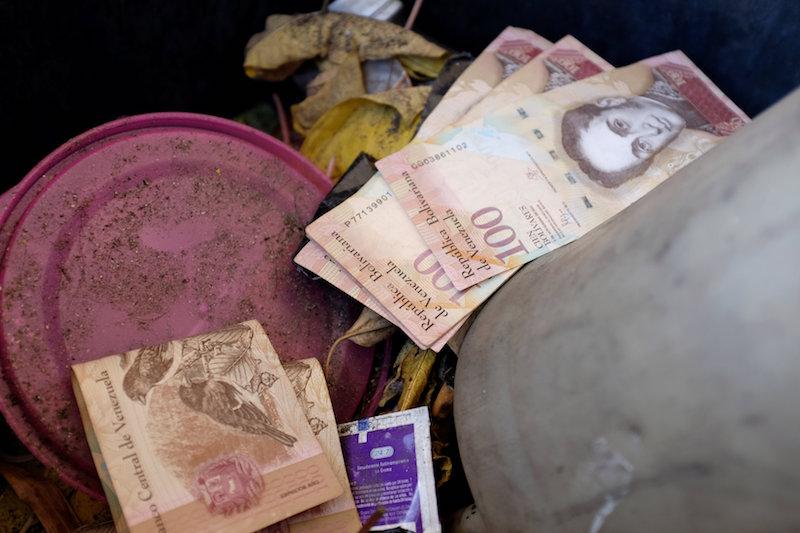Commentary
Most emerging and developed market currencies have devalued significantly relative to the U.S. dollar in 2021 despite the Federal Reserve’s aggressive monetary policy. Furthermore, emerging economies that have benefitted from rising commodities prices have also seen their currencies weaken despite strong exports. As such, inflation in developing economies is much higher than the already elevated figures posted in the United States and the eurozone.





